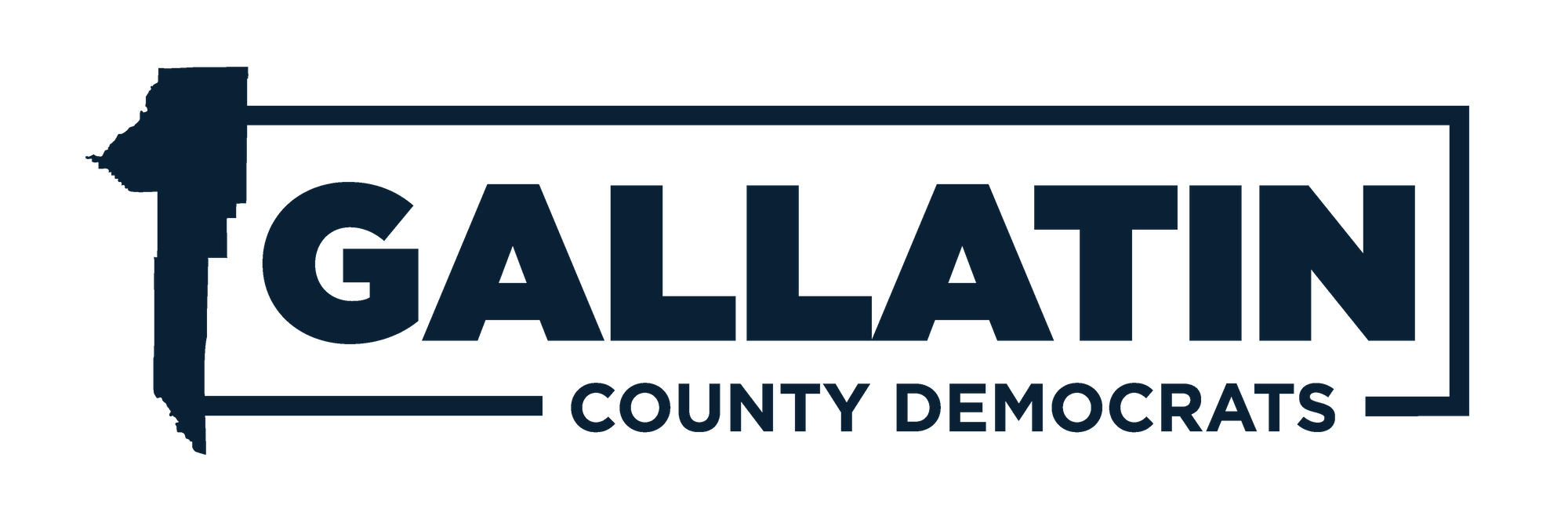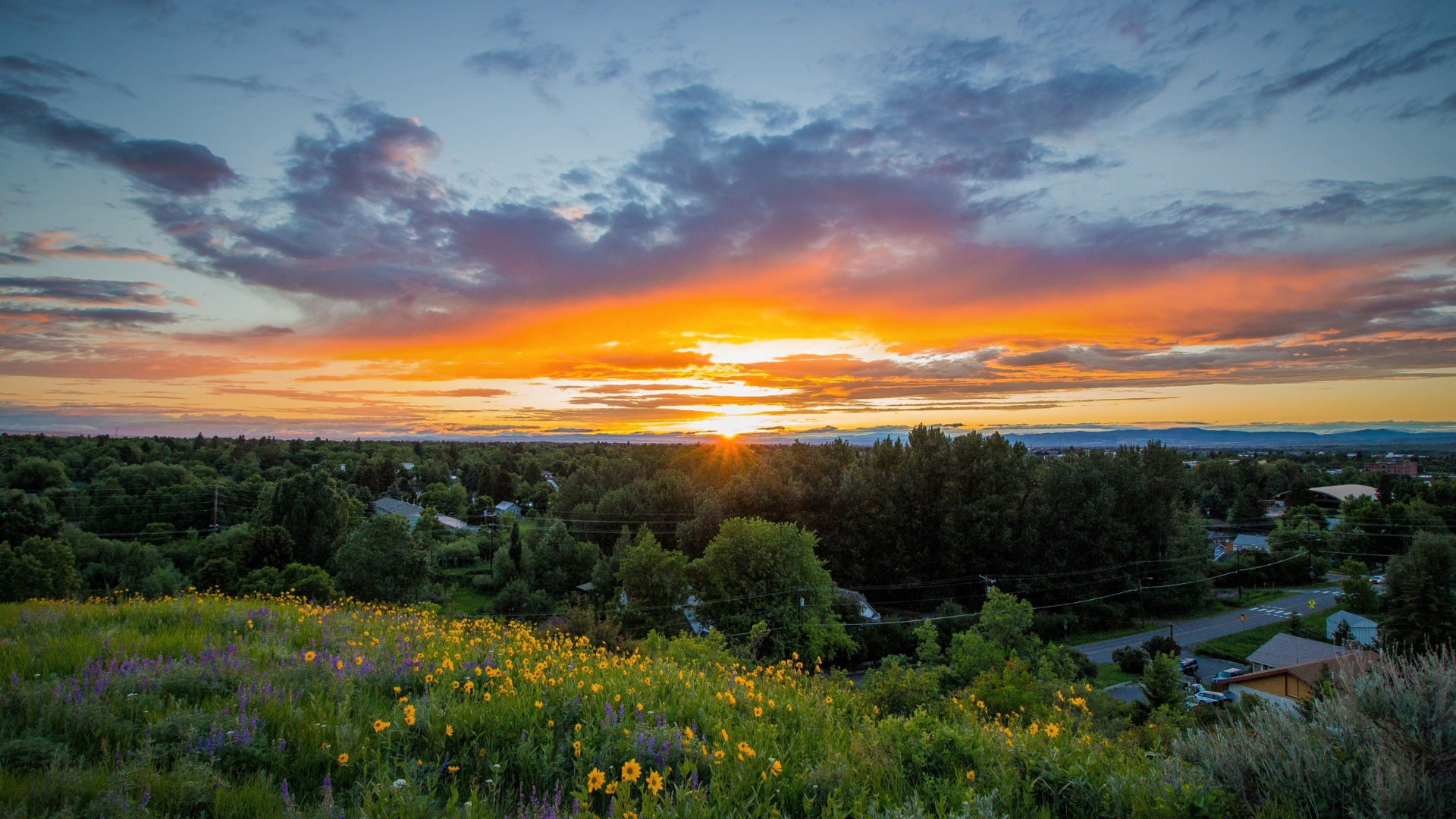By AUBREY BERTRAM and
JESSE PRENTICE-DUNN
Guest Columnists
For decades, oil and gas companies have taken advantage of a broken federal leasing system in an effort to stockpile our nation’s precious public lands. The industry’s exploitation of this system has prompted Montanans and other stakeholders across the West to call for reforms to the leasing system. Those calls have gotten louder and louder over the last few years as it’s become more apparent that the system is undermining our public lands, our outdoor recreation economy, and the economic health of local communities.
Thankfully, the Biden administration acted quickly upon taking office, putting a temporary pause on all new oil and gas leasing so it can review the system and make it work better for everyone. As the administration uses this pause as an opportunity to evaluate the leasing program, it is crucial that it address the glut of public lands the industry has leased.
Across the American West, 9.9 million acres of public lands are tied up in leases but sitting idle. To put that into perspective, that’s an area more than four times larger than the size of Yellowstone National Park providing little to no benefit to taxpayers or wildlife. In Montana, 942,577 acres — more than half of the total acres leased for oil and gas drilling — are tied up in stockpiled leases that generate no more than $2 per acre a year, result in no local jobs, and prevent agencies from managing the land for recreation and conservation.
Not only have oil and gas companies stockpiled acres, but they have also amassed a steady stream of permits to last them for years. Currently, the oil and gas industry has nearly 7,900 approved but unused drilling permits on hand. The oil and gas industry has spent the last few months fear-mongering to the public about President Biden’s leasing pause and the impact it will have on their bottom lines, but they know this could not be further from the truth. Many oil and gas companies did not even include the leasing pause as a concern or risk to their bottom line in their annual earnings reports.
What the oil and gas industry doesn’t want you to know is that the number of oil rigs in operation in Montana has been steadily decreasing over the past 20 years, from a peak of 27 in 2005 to zero today. Companies can still drill during the pause on land they have already leased. And industry leaders have confirmed that the millions of acres they have stockpiled are more than adequate to hold them over for years to come. Analysis from the Center for Western Priorities shows that the industry forfeited 20 million acres of unused drilling leases and 8,400 permits in recent years.
It’s clear that the administration’s pause will not negatively impact companies, as they have already been regularly surrendering the leases they already have on hand.
The truth is, fixing the leasing system would mean a shift from the government prioritizing industry to protecting the public interest, but oil and gas companies are willing to say and do anything they can to keep from losing the upper hand.
Access to the great outdoors is central to Montana’s identity. Our outdoor way of life supports a thriving recreation economy that generates $286 million in state and local tax revenue each year — more than 15 times the average annual revenue generated from oil and gas production on Montana’s public lands over the past five years.
Oil and gas development is just one of the many ways that our public lands can be utilized, but for too long, industry has been given free reign over the leasing system to amass public lands. We need to consider all the other uses of our public lands — recreation, wildlife habitat, and renewable energy — not just the interests of one industry. It’s time to build a public land management system, through administrative and legislative reforms, that works for all of us.
Aubrey Bertram is the staff attorney at Montana Wilderness Association. Jesse Prentice-Dunn is the policy director at the Center for Western Priorities.
Bozeman Daily Chronicle Guest Editorial 5/6/21

